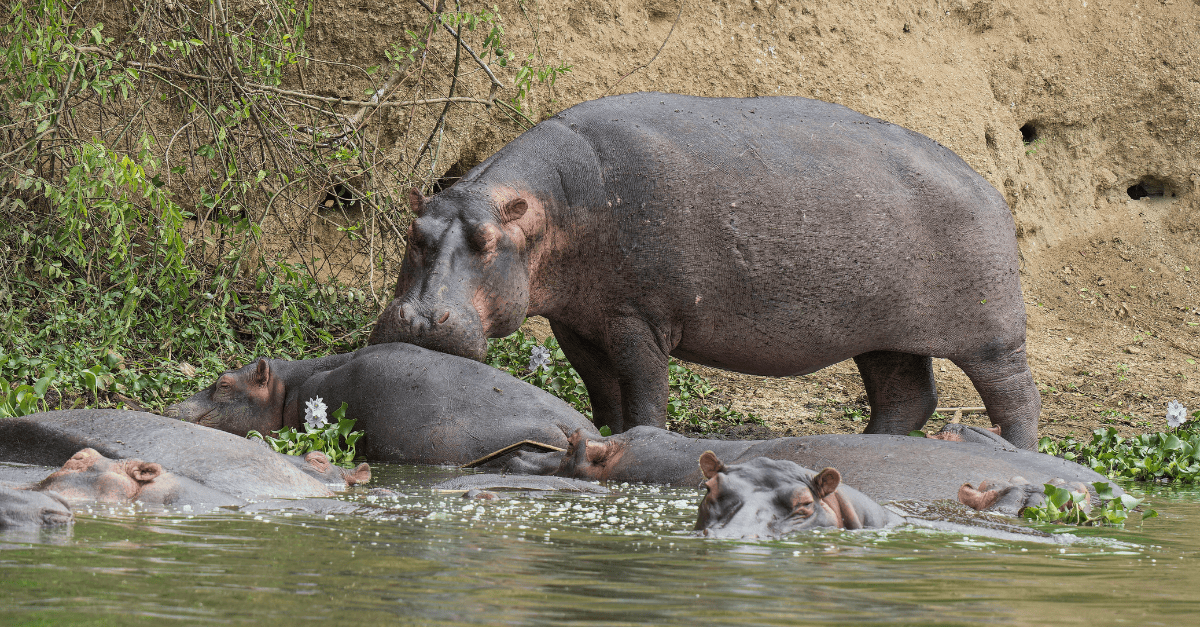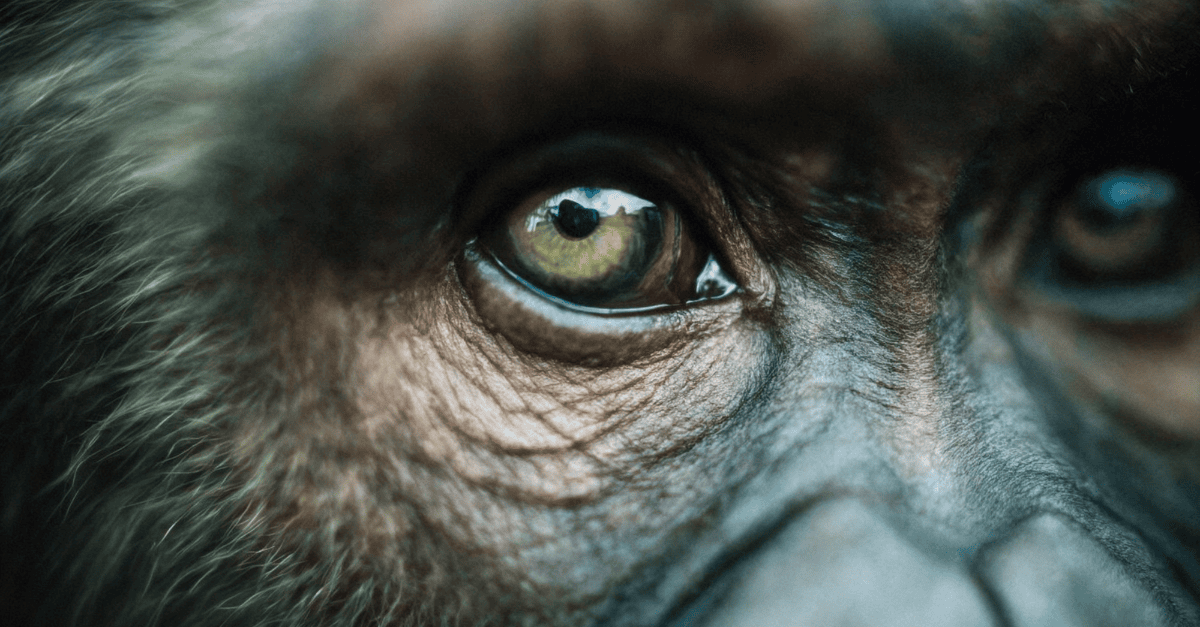Two years ago the UN Environment Assembly at its fifth session (UNEA5) marked a pivotal moment: the unanimous adoption of the first-ever United Nations resolution on Animal Welfare. This landmark decision underscored the importance of animal welfare on the international stage.
I had the privilege of witnessing this historic event firsthand when H.E. Mr. Espen Barth Eide, President of UNEA 5, brought down the gavel to mark the formal adoption of the Animal Welfare–Environment–Sustainable Development Nexus resolution (the Nexus resolution).
The journey to this moment was neither simple nor assured. In the preceding months—especially during the intense week of negotiations by country representatives right before UNEA started– the fate of the Resolution hung in the balance. The dedication and concerted efforts of the resolution’s proponents and the unwavering technical and advocacy support from civil society were instrumental in its passage.
Reflecting on this achievement, I am still filled with immense pride for our collective endeavour and the global community’s support that led to this breakthrough.
Elevating Animal Welfare within the UN Framework
The significance of the Nexus resolution lies in its role in establishing the relevance of animal welfare to the United Nations’ global agenda, particularly in terms of addressing the triple environmental crisis, promoting One Health, and delivering on the Sustainable Development Goals. Despite the Sustainable Development Agenda having envisaged a world in which “humanity lives in harmony with nature and in which wildlife and other living species are protected”, sufficient dedicated attention and action to safeguard animals and their welfare has been lacking within the UN’s policy-making processes until now.
Saving the world will require us to fundamentally change our relationship with nature and animals. The lack of dedicated action on animal welfare worldwide has had devastating consequences for biodiversity loss, climate change, pollution, and global public and environmental health. With this resolution, UNEA 5 tasked the UN Environment Programme (UNEP) with compiling a report to examine the interconnections between animal welfare, the environment, and sustainable development.
Furthermore, the resolution has played a critical role in broadening awareness and understanding of animal welfare. It has paved the way for further international action, as evidenced by the subsequent UN General Assembly’s call for increased ambition and urgency of action to strengthen global efforts to ensure that animal health and welfare can contribute to addressing challenges and achieving the Sustainable Development Goals. This UN General Assembly resolution further emphasized the importance of the One Health approach and other holistic approaches that deliver multiple benefits to the health and well-being of people, animals, plants and ecosystems.
Advancing the Agenda: Towards UNEA 6 and Beyond
Since the last UNEA session, significant progress has been made, thanks to the sustained interest and dedication of the Member States and UNEP in advancing the Resolution’s implementation. A study to delineate the scope of the requested report is anticipated to be presented at the forthcoming UNEA 6.
As we look forward to UNEA 6, it is imperative to maintain and accelerate this momentum. The completion of the Nexus report by UNEA 7 is crucial for our collective endeavour to save our planet. This endeavour demands prioritisation, adequate resources from UNEP and the Member States, technical support from key partners and stakeholders and the production of a comprehensive, expertly crafted report. Such a report would catalyse sustainable development and environmental protection efforts and allow for more effective action to mitigate the pressing triple planetary crisis.
The process must be inclusive, involving collaboration with the One Health quadripartite, scientific community, and civil society, and engaging Member States in fostering political will for transformative action.
Following the reception of the scoping study at UNEA6, our coalition stands ready to support UNEP and Member States in meeting the objectives set forth by UNEA 5 in time for UNEA7, and all stakeholders in safeguarding animal welfare, human well-being, and the health of the environment, expediting the journey towards sustainable development.





